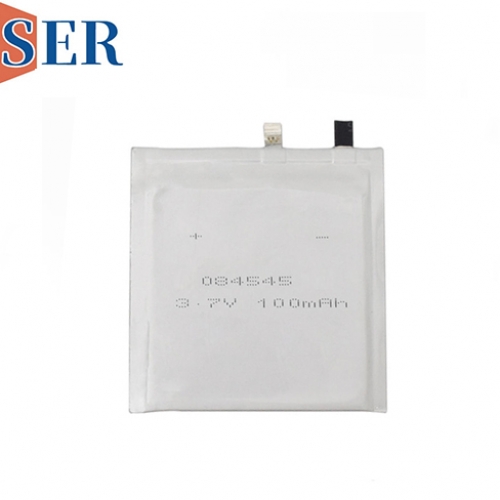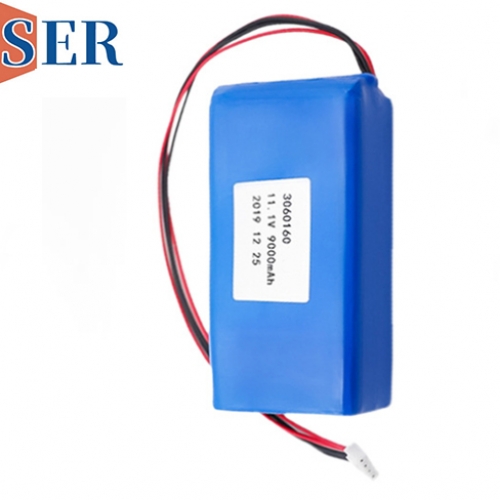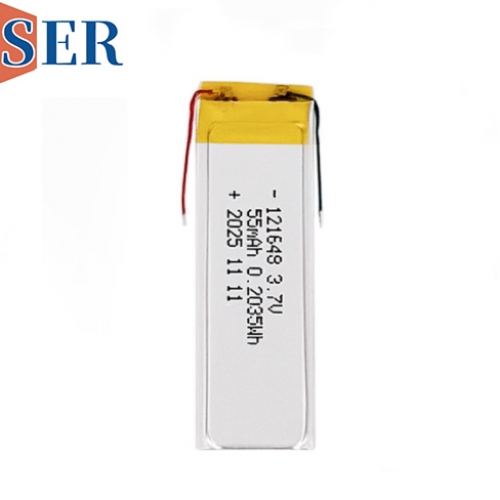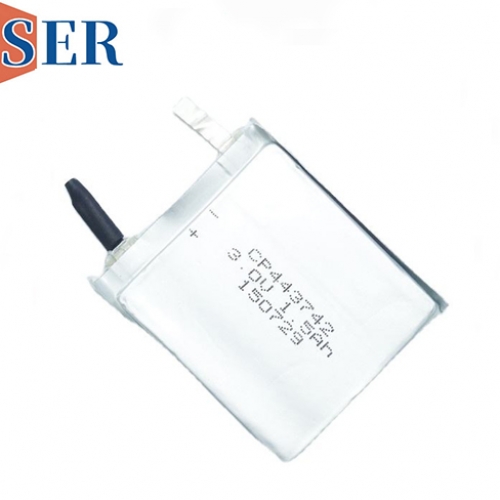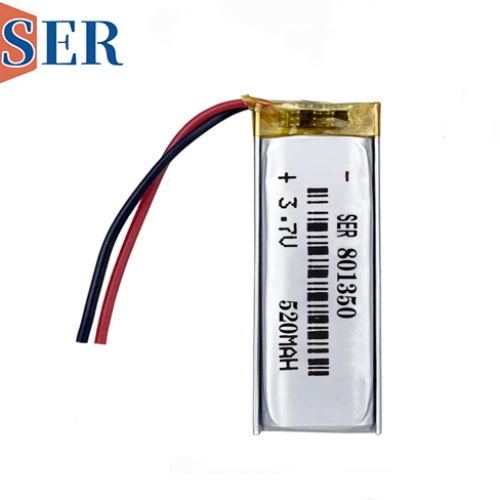The Application of High-Temperature Li-SOCl2 battery in Petroleum Exploration
The Application of High-Temperature Li-SOCl2 battery in Petroleum Exploration

Petroleum exploration, a complex and challenging task, requires reliable and efficient power sources to support various operations, including drilling, surveying, and instrumentation. High-temperature batteries, with their unique characteristics and capabilities, have emerged as a promising solution for meeting these power demands in harsh environments. This article explores the application of high-temperature Li-SOCL2 batteries in petroleum exploration, highlighting their advantages, challenges, and future prospects.
1. Introduction to High-Temperature Li-SOCl2 battery
High-temperature Li-SOCl2 battery are a type of primary battery that utilizes lithium and aluminum as the anode and cathode materials, respectively. These batteries are designed to operate at temperatures significantly higher than those of conventional lithium-ion batteries. The high-temperature capability of Li-SOCL2 batteries allows them to perform reliably in extreme environments, such as those encountered in deep-sea drilling or high-temperature desert regions.
The main advantage of high-temperature Li-SOCL2 batteries is their ability to deliver high energy density even at elevated temperatures. This feature makes them ideal for powering equipment that operates continuously in hot environments, where conventional batteries may fail due to thermal degradation. Additionally, Li-SOCL2 batteries exhibit long shelf lives and stable discharge voltages, ensuring consistent power output over extended periods.
2. Applications in Petroleum Exploration
2.1. Drilling Operations
In drilling operations, high-temperature Li-SOCL2 batteries play a crucial role in powering drilling rigs and associated equipment. The drilling process generates significant heat, and conventional batteries may not be able to withstand such high temperatures. Li-SOCL2 batteries, on the other hand, can operate effectively even in these extreme conditions, providing reliable power to drive motors, pumps, and other critical components.
Moreover, the high energy density of Li-SOCL2 batteries allows for longer operational durations without the need for frequent battery replacements. This reduces downtime and increases operational efficiency, which is crucial in petroleum exploration where time is often a limiting factor.
2.2. Surveying and Instrumentation
Surveying and instrumentation are integral parts of petroleum exploration. These activities involve the use of various sensors, meters, and other devices to collect data on geological formations, reservoir characteristics, and other relevant parameters. High-temperature Li-SOCL2 batteries are often used to power these instruments, ensuring their continuous operation even in high-temperature environments.
The stability of Li-SOCL2 batteries under extreme conditions ensures accurate and reliable data collection, which is essential for making informed decisions in petroleum exploration. Additionally, the long shelf life of these batteries makes them suitable for use in remote locations where replacing batteries may be challenging.
2.3. Downhole Tools and Sensors
Downhole tools and sensors are deployed deep within the earth to collect critical information about the subsurface formations. These tools often operate in environments with temperatures exceeding those encountered at the surface. High-temperature Li-SOCL2 batteries are well-suited for powering these downhole tools due to their ability to function effectively at elevated temperatures.
The compact size and high energy density of Li-SOCL2 batteries make them ideal for integration into downhole tools, minimizing the overall size and weight of the equipment. This is crucial in petroleum exploration, where reducing the weight and bulk of downhole tools can improve operational efficiency and reduce costs.
3. Challenges and Considerations
Despite their advantages, the application of high-temperature Li-SOCL2 batteries in petroleum exploration presents some challenges and considerations.
3.1. Safety Concerns
High-temperature environments can pose safety hazards, and the use of batteries in such conditions requires strict adherence to safety protocols. Li-SOCL2 batteries, while designed to operate at high temperatures, still require proper handling and storage to prevent any potential accidents or fires. Operators must be trained to recognize and mitigate potential risks associated with battery use.
3.2. Cost Considerations
High-temperature Li-SOCL2 batteries may come with a higher price tag compared to some conventional battery technologies. However, their superior performance and reliability in extreme conditions often justify the investment. Petroleum exploration companies need to carefully evaluate the cost-benefit ratio of using Li-SOCL2 batteries based on their specific operational requirements and budgets.
3.3. Integration and Compatibility
Integrating high-temperature Li-SOCL2 batteries into existing petroleum exploration equipment may require modifications or customizations. Ensuring compatibility with existing systems and interfaces is crucial for seamless operation. Petroleum exploration companies may need to collaborate with battery manufacturers or third-party integrators to develop solutions that meet their specific needs.
4. Future Prospects
With the continuous advancements in battery technology, high-temperature Li-SOCL2 batteries are expected to become more efficient, reliable, and cost-effective.

